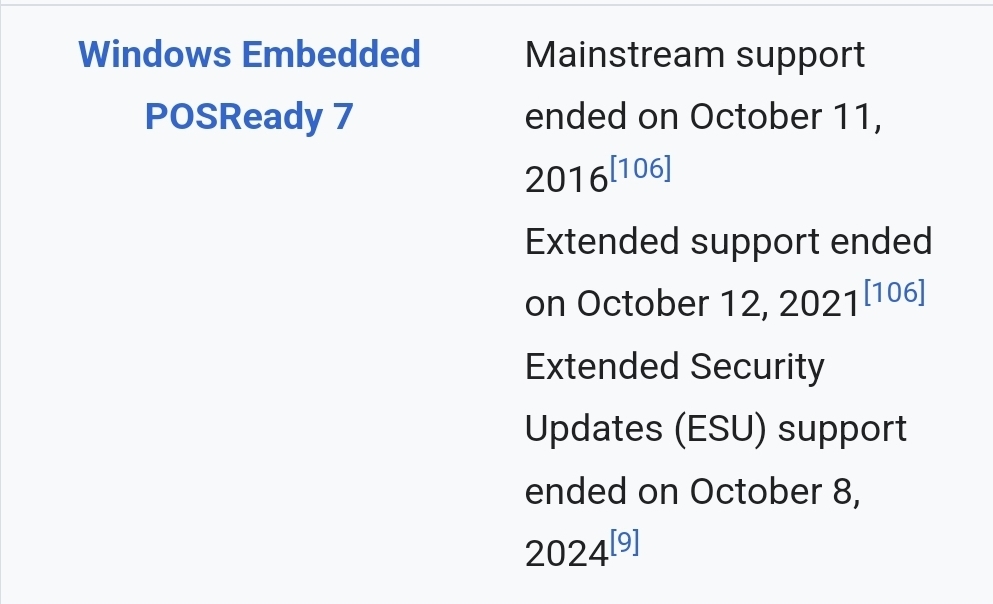this post was submitted on 08 Oct 2024
673 points (99.7% liked)
Technology
59651 readers
2670 users here now
This is a most excellent place for technology news and articles.
Our Rules
- Follow the lemmy.world rules.
- Only tech related content.
- Be excellent to each another!
- Mod approved content bots can post up to 10 articles per day.
- Threads asking for personal tech support may be deleted.
- Politics threads may be removed.
- No memes allowed as posts, OK to post as comments.
- Only approved bots from the list below, to ask if your bot can be added please contact us.
- Check for duplicates before posting, duplicates may be removed
Approved Bots
founded 1 year ago
MODERATORS
you are viewing a single comment's thread
view the rest of the comments
view the rest of the comments

That's where your comment about initial reputation kicks in. I'm in agreement with that. I'm just not in agreement the bad impression was unwarranted.
The talks about 7 at the time still pressed why an XP user would switch, since XP was a great OS and worked well without any glaring missing features. This is a reverse proof. The reputation of XP was so strong that it was still hard to get people to switch 2 OS versions later.
Just to add, Vista’s biggest change broke compatibility with so many applications with the implementation of User Access Control (UAC).
While it was a long-overdue feature for security, lots of older applications would either fail to install or not work properly because it expected to have full system access with no roadblocks. While there was compatibility mode, the results were still very much hit or miss.
Then there was the massive headache around the original implementation of UAC which would constantly go off, usually multiple times during a software installation and again when starting some applications. Most people would’ve turned off UAC because of how annoying it was.
Great point. I forgot about that. And compatibility mode was practically worthless. I think I've seen it help maybe once or twice.